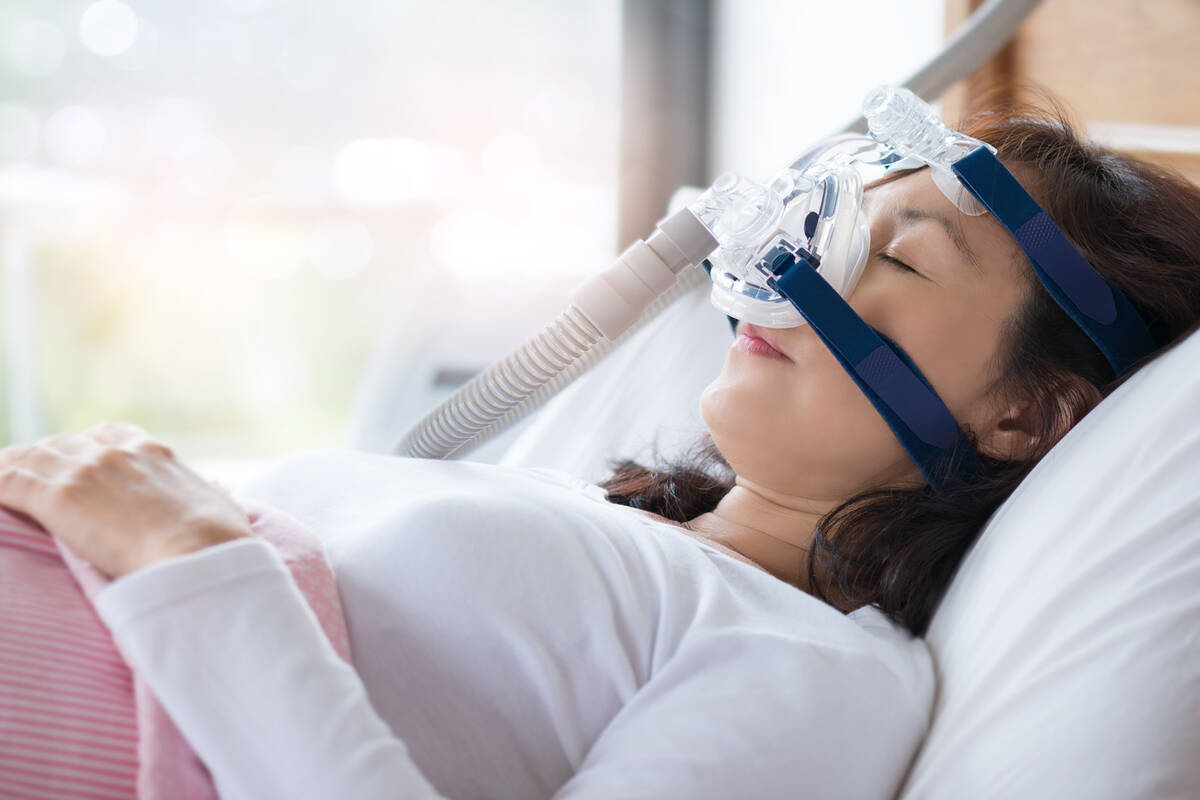Cardiopulmonary department

main line
(307) 755-4640
Monday – Friday except holidays
8:00 am – 5:00 pm by appointment only
outpatient fax
(307) 721‑4713
Pulmonary Rehabilitation is an important part of managing chronic respiratory disease in patients who still have symptoms or decreased function after standard medical treatments. It is designed to help patients cope with decreased lung function to maintain maximum levels of independence. The goal of Pulmonary Rehab is to help patients address their own particular impairments which will return the patient to the best possible physical, mental, social and economic independence.
services
- Pulmonary Rehabilitation
- Pulmonary Function Tests
- Body Plethysmography
- EKG (Electrocardiogram)
- EEG (Electroencephalogram)
- Stress Testing
- Holter Monitoring
- Sleep Studies
what is a PFT?
PFT’s otherwise known as Pulmonary Function Tests evaluate how well your lungs work. The tests determine how much air your lungs can hold, how quickly you can move air in and out of your lungs, and how well your lungs put oxygen into and remove carbon dioxide from your blood. The tests can diagnose lung disease, measure the severity of lung problems, and check to see how well treatment for a lung disease is working. A licensed technician will coach you through the entirety of the process.
what can i expect during my EKG appointment?
An electrocardiogram, also called an EKG or ECG, is a simple, painless test that records the heart’s electrical activity. The test can give your physician information about how fast your heart is beating, whether the rhythm of your heartbeat is regular or irregular, and the strength and timing of electrical signals as they pass through each part of your heart. A trained technician will need to place a series of electrodes on the chest, so it is best to wear loose clothing that will allow for accessibility.
what is a stress test?
The cardiac stress test is done by stimulating the heart, either by exercise on a treadmill or with intravenous medications, with the patient connected to an EKG machine. A physician will be present during the exam to evaluate your blood pressure and other symptoms, and to give you your results. Please visit with your primary care physician about whether you should take your current medications prior to the test. A gown will be provided as needed as some garments will need to be removed for the test. Imaging studies such as nuclear medicine or echocardiograms may be done in accordance with the stress test to increase test sensitivity.
what is a holter monitor?
The Holter Monitor is a small portable electrocardiogram or EKG consisting of seven electrodes. As with standard electrocardiograms, loose clothing will allow for better accessibility and patient comfort for the monitor’s duration. The device is worn in a pouch around the neck or waist. It keeps a record of the heart rhythm, typically over a 24 – 48 hour period, while the patient keeps a diary recording their activities and any symptoms they may feel. The ECG recording is then correlated with the person’s record of their activities and symptoms. The Holter monitor is useful for identifying disturbances which are sporadic and which are not easily identified with the usual resting electrocardiogram test. At the conclusion of the 24 – 48 hour period the monitor will be removed and a report generated for physician interpretation.
what is a sleep study?
A sleep study is also known as an all-night polysomnogram. The test is conducted in a private, comfortable room, while you sleep over a period of six to eight hours. The study is a recording that includes measurements used to identify different sleep stages, breathing patterns, blood oxygen levels, muscle activity and heart rhythm. The recording is accomplished by using small metal discs (called electrodes) applied to the head and skin with an adhesive. Flexible elastic belts around the chest and abdomen measure breathing. Blood oxygen saturation is measured by a clip on the index finger or earlobe. These devices are all are designed to be as comfortable as possible. The test will be reviewed by a registered polysomnographer and interpreted by a physician. Please contact your physician for a referral to the sleep center if you suspect you or a loved one have sleep apnea or another sleep related disorder. Common symptoms of sleep apnea may include snoring and daytime fatigue.